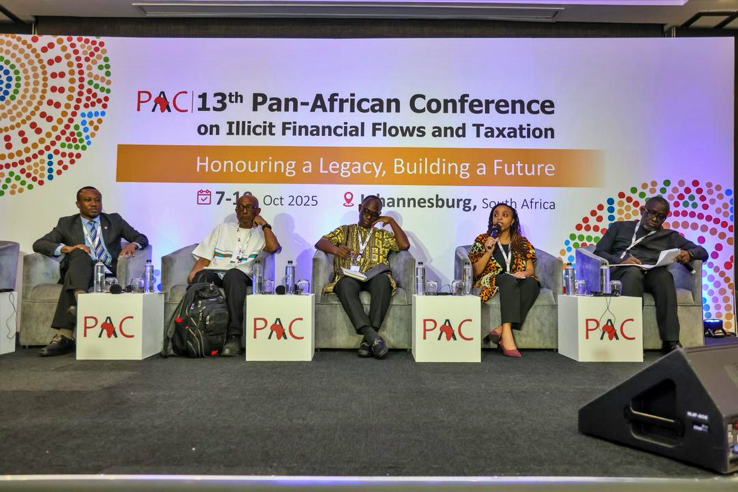Gambiaj.com – (Johannesburg, South Africa) – Zambia’s Permanent Representative to the United Nations and Co-Facilitator for the upcoming Fourth Financing for Development Conference, Ambassador Tola Milambo, has called for sweeping reforms of the international financial and tax systems to ensure fairness, equity, and justice for developing countries.
Speaking virtually at a high-level panel on Illicit Financial Flows (IFFs) from Africa, Ambassador Milambo warned that the current global economic architecture is outdated, exclusionary, and incapable of addressing the pressing challenges faced by developing nations.
“We seek neither favors nor pity, but fairness and reform. Africa’s voices must be reflected in decisions that shape the global economy,” he declared.
Milambo criticized the post-World War II financial order shaped by the Bretton Woods institutions, noting that despite decades of reform debates, the system continues to marginalize developing nations by restricting their access to affordable financing while limiting their policy sovereignty and resilience to global shocks.
High Borrowing Costs and Tax Injustices
The Zambian diplomat said African countries remain disproportionately vulnerable to crises such as pandemics and climate change yet have little influence in global decision-making. He decried the high borrowing costs imposed on African nations due to what he described as “unfair risk perceptions,” which undermine their development prospects.
Turning to the international tax system, Milambo highlighted that developing countries lose around $200 billion annually through illicit financial flows, aggressive tax avoidance, and profit shifting by multinational corporations.
Africa, he stressed, loses more resources through these outflows than it receives in official development assistance (ODA).
“The roots of this injustice lie in an international tax system that is not only outdated but structurally exclusionary,” he said, adding that a genuinely democratic platform for international tax cooperation under UN leadership is urgently needed.
Five Reform Priorities
Ambassador Milambo outlined five priority reforms to transform the global financial landscape:
Democratize global economic governance by revising quotas and voting rights within the Bretton Woods institutions.
The second reform is to empower the United Nations to lead rule-making in international taxation. Another reform area is about strengthening domestic resource mobilization to combat tax abuse.
One other important task is to correct Africa’s negative risk perceptions to unlock liquidity and fair investment.
And finally, enhancing transparency in the financial system through public country-by-country reporting and action against tax havens is another key reform to look into urgently.
Decolonization as Economic Sovereignty
Milambo urged African nations and their global partners to view decolonization not as rhetoric but as a call for structural transformation.
“Decolonization is about reclaiming our sovereign right to determine our economic aspirations. It is about building a world in which global rules are made not by a few, but by the many, for the shared good of all,” he said.
He concluded by calling for concrete action, stressing that reform commitments must go beyond declarations.
“The time has come to translate commitments into concrete, coordinated action. Zambia stands ready to collaborate with all stakeholders to turn these commitments into effective impact,” he affirmed.










